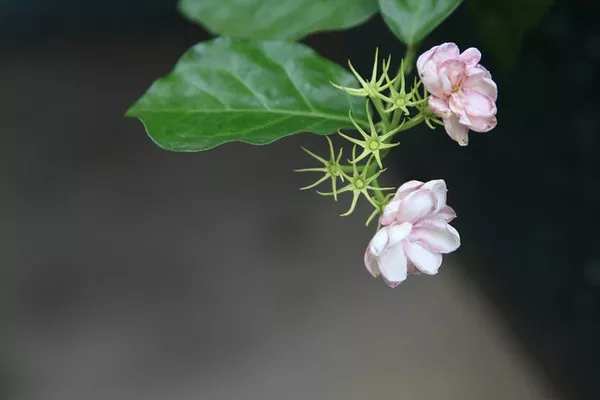Recent breakthroughs in the realm of epigenetics, the study of hereditary traits that arise without altering DNA sequences, have uncovered a profound connection between chronological age in mammals and the accumulation of epigenetic changes throughout an individual’s lifespan.
In the realm of human biology, these discoveries have given rise to the concept of epigenetic clocks, which have become pivotal biomarkers for aging. These clocks, although precise from birth until death, reset to zero with the advent of each new generation.
Now, a collaborative international effort, led by experts from the University of Georgia, the GEOMAR Helmholtz Centre for Ocean Research Kiel, and the Technical University of Munich, has unveiled the existence of epigenetic clocks in the plant kingdom. Remarkably, these botanical clocks continue to maintain accuracy over numerous generations. Their findings, published in the prestigious journal Science, reveal that these clocks possess the unparalleled ability to measure time with a resolution spanning decades to centuries, a feat unattainable by conventional DNA mutation-based timekeepers.
This groundbreaking research casts fresh light on long-standing questions within the realm of microevolution, such as the timing of invasive species introductions and the repercussions of human activities since the advent of industrialization.
Frank Johannes, a professor specializing in plant epigenomics at the Technical University of Munich and a co-author of the study, commented, “Our initial inkling that an epigenetic clock exists in plants emerged during our examination of DNA methylation, a chemical modification intrinsic to numerous epigenetic processes, across multiple branches of a 300-year-old poplar tree. By correlating DNA methylation data with branch diameter and coring data, which determine branch age through tree rings, we successfully estimated the age of an uncored branch solely based on DNA methylation data. This provided the first indications of the existence of an epigenetic clock in plants.”
The team’s research employed experimental data to demonstrate that epigenetic clocks effectively replicate known divergence times within intra-species phylogenetic or evolutionary trees in two distinct plant species: A. thaliana, a self-fertilizing plant from the mustard family, and Z. marina, a clonal seagrass. These species represent two fundamental modes of plant reproduction.
Robert Schmitz, UGA Foundation Professor in Plant Sciences and a co-author of the study, noted, “We further corroborated the presence of a plant epigenetic clock by studying various experimental evolution populations of A. thaliana, each with well-documented pedigrees. Over 32 generations, these plants were grown by single-seed descent, subjected to different environmental conditions, or derived from natural strains originating from diverse geographical regions.”
Zhilin Zhang, a doctoral student from the Technical University of Munich and co-lead author of the study, elaborated, “Through analysis of DNA methylome data collected from hundreds of individuals within these populations, we identified a subset of epimutations that exhibit ‘clock-like’ characteristics and accurately determined the pedigree’s age.”
Nan Yao, a doctoral student from the UGA Franklin College of Arts and Sciences department of genetics and co-lead author alongside Zhang, added, “Our epigenetic clock proved more precise in dating a recently diverged North American population of A. thaliana, approximately 140 years old, compared to a molecular clock relying on DNA mutations from the same individuals.”
Thorsten Reusch, head of marine evolutionary ecology at the GEOMAR Helmholtz Centre for Ocean Research Kiel, remarked, “This innovative molecular clock promises to unravel an enduring enigma: the true age of expansive fern, reed, or seagrass clones.”


